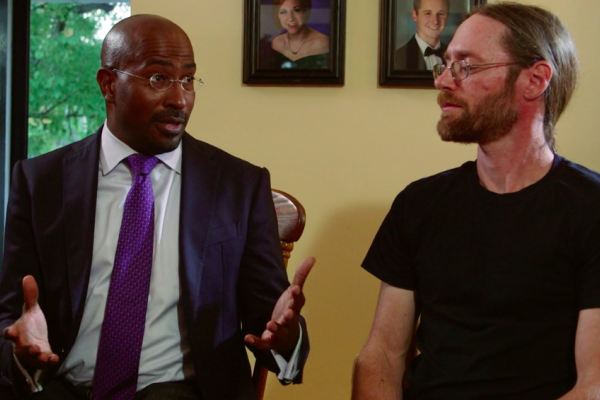Nov 16, 2016
We’re part of a community of people who are using cameras and pens and microphones to explore our differences — and I think that’s what keeps our differences from being explored by knives and bombs and all these other forms of destruction. What you’re doing with a publication, what we're doing with film, it’s all part of the same effort.
That’s where you see democracy at work, and that’s really what we’re rededicating ourselves to.
Read the Full Article

Already a subscriber? Login
